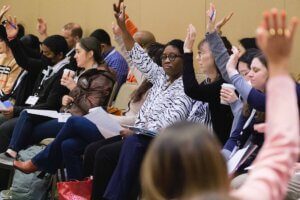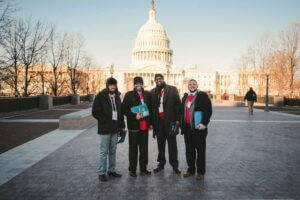A Few Key Characteristics of Implicit Biases
- Everyone possesses them, even people committed to impartiality, such as judges.
- The implicit associations we hold do not necessarily align with our declared beliefs or even reflect stances we would explicitly endorse.
- We generally tend to hold implicit biases that favor our own in-group, although research has shown that we can still hold implicit biases against our in-group.
- Implicit biases can change. Our brains are incredibly complex, and the implicit associations we have formed can be gradually unlearned through various techniques.








